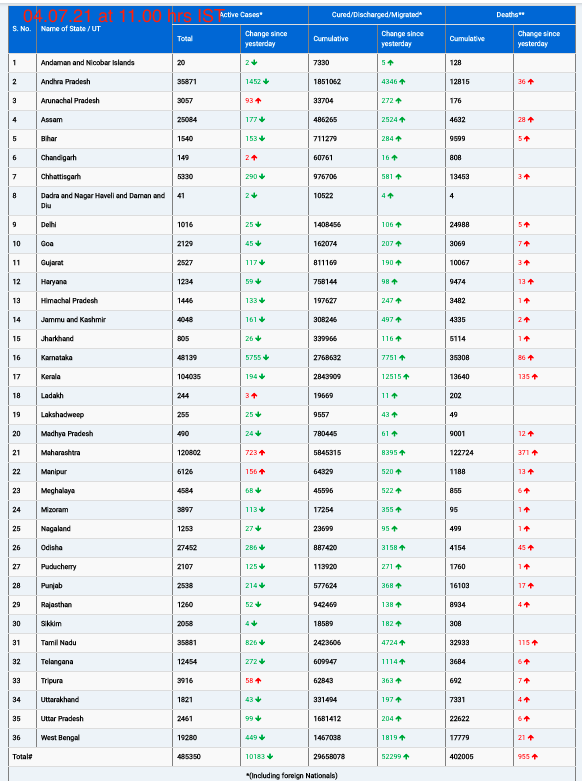A groundbreaking study led by Lancaster University has uncovered a potential link between hearing impairment and an increased risk of developing Parkinson’s disease, shedding light on a possible early warning sign of the condition.
This research, titled “Speech-in-noise hearing impairment is associated with increased risk of Parkinson’s: A UK Biobank Analysis”, is one of the first to investigate whether sensory impairments, such as hearing loss, could raise the likelihood of Parkinson’s or signal its onset. Published in Parkinsonism and Related Disorders, the study highlights hearing loss as a potentially significant factor in the early detection of Parkinson’s disease.
Parkinson’s UK reports that over 153,000 people in the UK currently live with Parkinson’s, a number that is expected to grow as it is the fastest-growing neurological condition worldwide. With one in 37 people in the UK predicted to be diagnosed with Parkinson’s in their lifetime, early detection methods are crucial.
The research team analyzed data from the UK Biobank, which contains comprehensive health data from over half a million individuals. They focused on 159,395 participants who had undergone a hearing test, measuring their ability to discern speech in noisy environments, and who had no history of Parkinson’s disease at the time of the test.
Over an average follow-up period of 14.24 years, 810 participants were diagnosed with Parkinson’s disease. The results revealed a 57% increased risk of Parkinson’s for every 10-decibel increase in baseline hearing impairment, indicating a notable correlation between hearing loss and the development of Parkinson’s disease.
Dr. Megan Readman, ESRC Post Doctoral Research Fellow from Lancaster University’s Department of Psychology, led the study. She emphasized the significance of the findings, stating, “These findings are incredibly important; this is one of the first studies to explore how hearing impairments may increase the risk of Parkinson’s or serve as an early warning sign.”
She added, “Hearing loss is intricately related to Parkinson’s, so it may be beneficial to consider auditory function and the management of hearing impairment at the time of diagnosis and follow-up care.”
However, Dr. Readman cautioned that the study does not establish a causal relationship between hearing loss and Parkinson’s disease. “We do not know whether hearing loss causes Parkinson’s or if there is a common underlying cause for both conditions,” she noted.
Professor Christopher Plack, another key author of the study, pointed out the broader implications of hearing loss, suggesting that it may not be an isolated condition. “Hearing loss is associated with several other disorders, and understanding these links is crucial for providing effective patient care and improving the quality of life for individuals affected by both hearing loss and Parkinson’s disease,” he explained.
The research team hopes that by identifying factors that could contribute to the onset of Parkinson’s, such as hearing impairment, new strategies for prevention and care will emerge, benefiting both patients and healthcare providers.
Dr. Readman concluded, “Our findings suggest that addressing auditory function in Parkinson’s diagnosis and follow-up care could have significant benefits, enhancing the overall management of the disease.”
This study adds to a decade-long series of research on neurodegenerative disorders conducted by Lancaster University in collaboration with colleagues across the UK.
For more details, the full study can be accessed in Parkinsonism and Related Disorders (2024), DOI: 10.1016/j.parkreldis.2024.107219.












